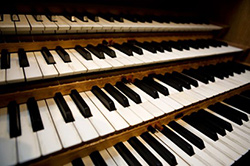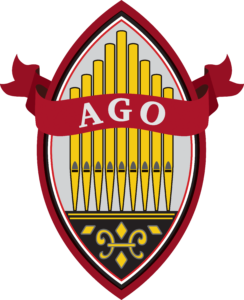The Ronald G. Pogorzelski and Lester D. Yankee Memorial Scholarship Fund supports up to four scholarship awards in any given year. For 2024-2025, the recipients are:
Ethan Chow, The Juilliard School
Henry Rye, St. Olaf College
Marshall Joos, Rice University
Jacob Gruss, The Juilliard School
Pogorzelski-Yankee scholarship applications will open again in Winter 2025.


